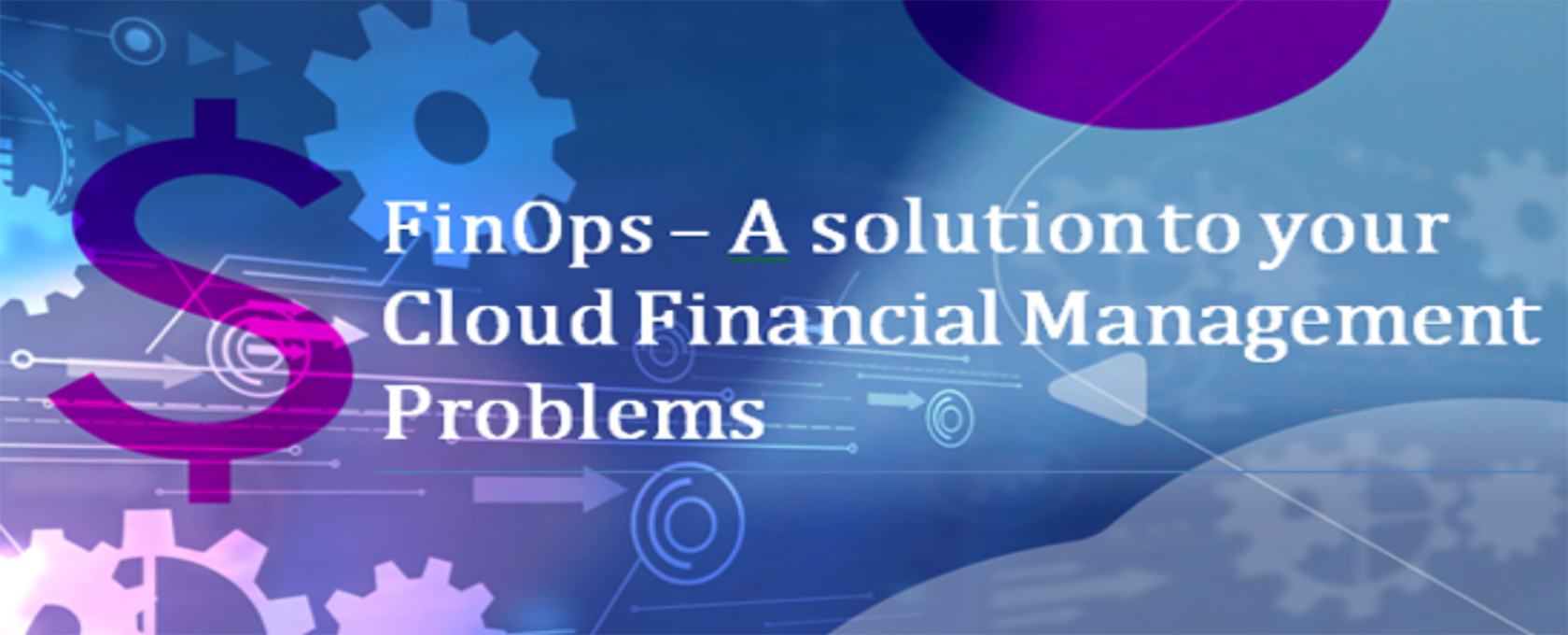
Cloud environments are inherently complex, and with rapid cloud adoption, organizations struggle to regulate cloud costs and get their ROI correct. FinOps or financial operations addresses the issue by enabling spend optimization and bringing financial accountability to the variable spend model of the cloud. The enterprise IT spending on cloud adoption is witnessing an accelerating shift to the cloud.
Gartner says the worldwide end-user spending on public cloud services in 2022 is forecast to grow to total $494.7 billion i.e. by 20.4% up from $410.9 billion in 2021. The end-user spending in 2023 is expected to reach $600 billion approximately. The accelerating shift to the cloud stems from the promise of improved productivity and competitive gains. Leading cloud service providers include Amazon Web Services (AWS). All cater to businesses from small to medium to large enterprises. While organizations hop on to the cloud bandwagon, they realize challenges in regulating their cloud costs and achieving the correct return on investments with rapidly expanding cloud services and their use.
Cloud spending is becoming a more prominent and visible cost component in quarterly financial reports of organizations, irrespective of size. Questions arise on efficient management of cloud utilization costs and ensuring that it is money wisely spent, and providing planned ROI.
Role of FinOps in tracking Cloud Financial Accountability
Cloud accounting or FinOps helps address the extravagant cloud spend issue enabling spend optimization and cloud spending using operational practices and necessary tools. Today FinOps is an effective means to manage cloud financial operations, cloud financial management, or cloud cost optimizations. It is a cloud operation model that consolidates finance and IT by guiding to profitable cloud operations through processes and practices that provide visibility into cloud resources. With proper implementation, FinOps uses the right cloud accounting tools and approach to provide considerable cost savings, efficient resource utilization, and billing transparency.
Let us take a closer look at some challenges with the cloud and why FinOps or Cloud Accounting is essential today.
Challenges with Cloud Cost Accounting
Firms usually transition from fixed-priced data centers to cloud solutions that are usage-based and adaptive for additional core computing services resulting in a new set of problems. Some of such challenges are as follows:
 Go to Swayam
Go to Swayam